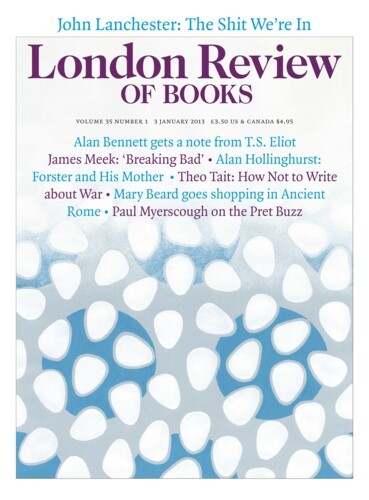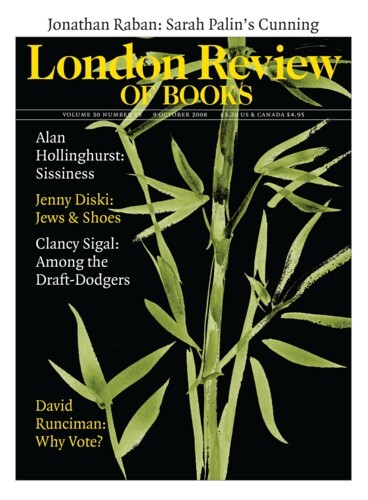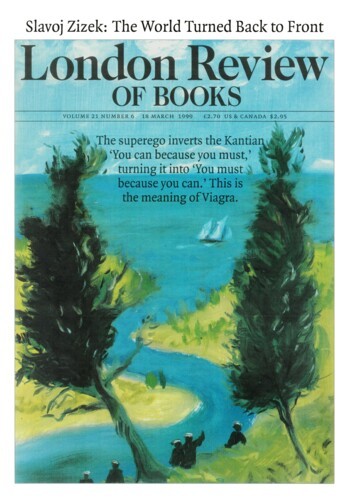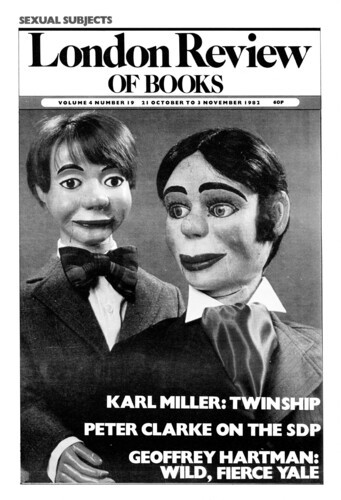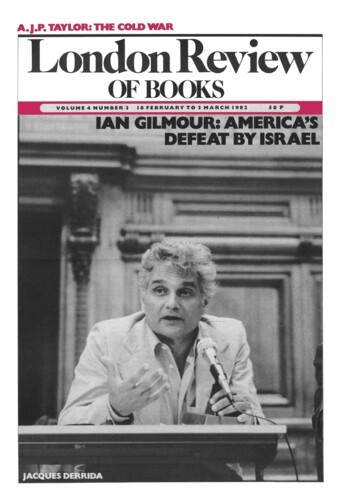When I tell people that I’m working in Houston for four months, those who’ve been there say: ‘My God! The drive from the airport!’ They mean the drive from George Bush Intercontinental Airport, down Interstate 45 or 59. It’s a ten or 12-lane highway, flanked by teeming feeder roads, and you career along it to the gathering rhythm of power pylons, used car lots, motels, the cacophony of billboards selling burgers, judges, vasectomy reversal, everything exposed and unashamed, the great aesthetic shock of America in all its barbarity and convenience. After twenty minutes or so, the famous downtown towers of Houston appear in a distant silhouette across the utterly flat and uncharming landscape. The freeway traffic hurtles towards them with daunting confidence, and before long you are right up beside those thousand-foot-high buildings, looking among them from the circling elevation of the road as the chasms of the streets flicker past. They have an extraordinary presence, the glamorous giants of the Seventies and Eighties half-obliterating surviving brick-clad structures that were giants in their day, and spelling out the fiercely Darwinian message of this boom city. Then they are behind you, and you get a confused hint of the rest of the place, which looks to a British eye like an endlessly extended suburb. Houston is now the fourth largest city in the United States, but it is hard to imagine when you arrive that you could ever come to like it, much less, as I think I did, to love it.‘
When I tell people that I’m working in Houston for four months, those who’ve been there say: ‘My God! The drive from the airport!’ They mean the drive from George Bush...
